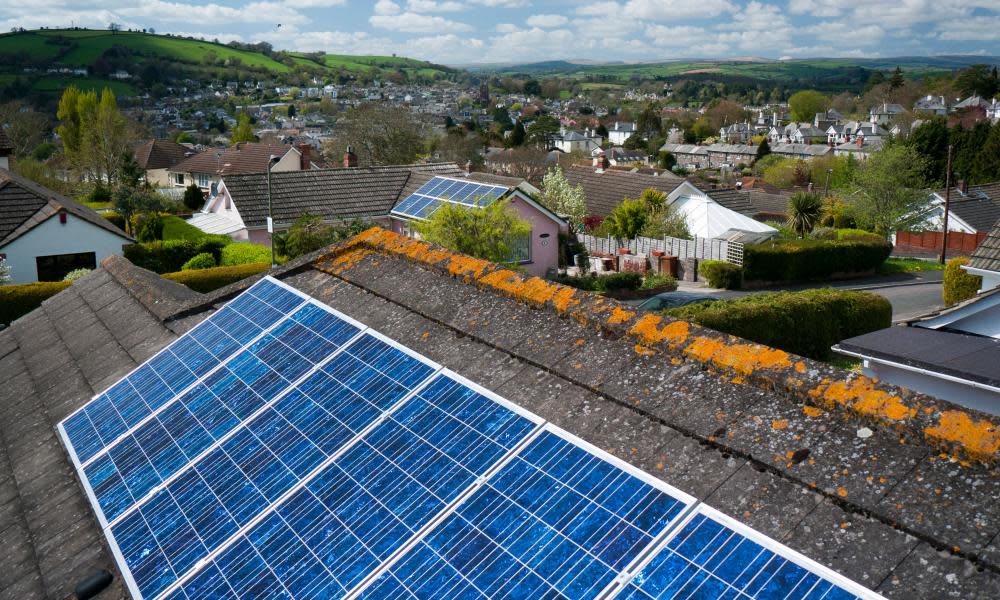The Guardian view on Rishi Sunak’s energy plan: playing with fire

To say that Rishi Sunak’s government has chosen the “path of climate vandalism”, as Labour’s Ed Miliband did this week, is no exaggeration. The policies contained in the energy plan announced on Thursday are dangerous. They will significantly worsen the climate crisis that threatens to engulf us all, if the globally agreed target of limiting temperature rises to 1.5C is missed. Mr Sunak’s record on green policies in the Treasury was dismal. As prime minister, he is steering the UK even further away from the course towards speedy decarbonisation that we should be on. In the long term, climate will surely top the list of public policy failures during this long period of Tory government.
Hundreds of leading scientists wrote to Mr Sunak’s government this week, calling for an end to new oil and gas developments. The government is set to defy them with plans for a huge North Sea oilfield, which it attempts to justify on the grounds that it is investing £20bn (over 20 years) in carbon capture and storage (CCS) technology, in order to limit the damage caused. The scientists are right. The politicians and their fossil fuel industry backers are wrong. It is devastating that the UK is now trashing its own reputation for pioneering climate laws, which made national emissions reductions compulsory. Ministers have chosen risky, dirty energy over clean.
There are some measures in the package that can, and must, be built on in future. Public investment in CCS would be welcome if it were not being offered as an excuse to keep on pumping oil. Technologies that remove carbon from the atmosphere could help to avoid global heating’s worst effects. Carbon border taxes are a sensible mechanism to deter high-carbon imports, and the consultation on introducing these is welcome. Stronger emphasis from the Treasury on the need for private-sector investment in the green economy is helpful, and must be translated into workable policy.
But the negatives of this plan far outweigh the positives. To prioritise investment in CCS technology that doesn’t yet exist over the scaling up of renewables can only be described as reckless. Other omissions include the refusal to ban flaring by oil and gas producers, or to lift fully the moratorium on onshore wind imposed under David Cameron. The decision not to bring forward a ban on new gas boilers is reprehensible – all the more so given that this was proposed by the Conservative former minister Chris Skidmore in a recent report on net zero policy. There is still no firm commitment to home insulation, or obligation for housebuilders to fit solar panels on roofs. Nor is there a plan to cut emissions from farming. Combined with the tilt of the whole plan towards continued dependence on fossil fuels, the misnamed “energy security” package is, in truth, a disastrous abdication of duty.
The UK is far from alone in its failure to deliver on climate policies. President Joe Biden’s Inflation Reduction Act includes £370bn in clean energy spending, but his administration approved a colossal oil drilling project earlier this month. The rich developed nations that bear most responsibility for the climate crisis have yet to take the decisive action to end fossil fuel dependence and make the transition to the renewable sources and more manageable demand that the world needs. Until they do, the threat level will keep on rising – along with the growing instability to which it is tied.

 Yahoo News
Yahoo News 
